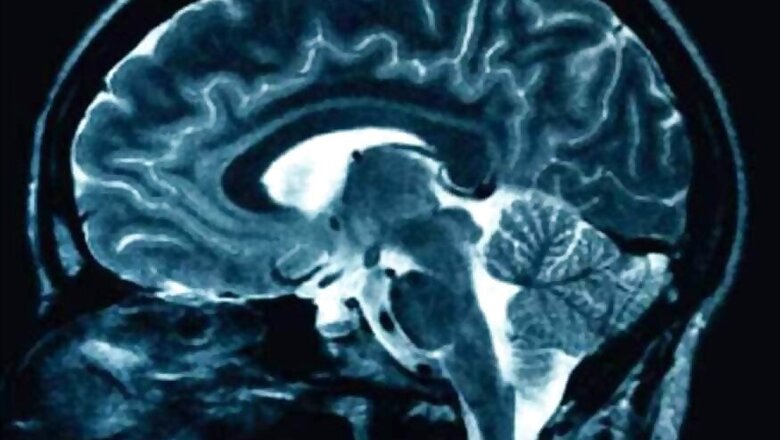
views
With a technique that uses magnets to stimulate the brain, it is possible to bring back short-term "forgotten" memories stored in the brain, new research has found.
The researchers conducted a series of experiments in which people were asked to remember two items representing different types of information - they used words, faces and directions of motion - because they would be tested on their memories.
When the researchers gave their participants a clue as to the type of question coming - a face, for example, instead of a word - the electrical activity and blood flow in the brain associated with the word memory disappeared.
But if a second cue came letting the participant know they would now be asked about that word, the brain activity would jump back up to a level indicating it was the focus of attention.
"People have always thought neurons would have to keep firing to hold something in memory. Most models of the brain assume that," said Brad Postle, Professor at the University of Wisconsin-Madison in the US.
"But we're watching people remember things almost perfectly without showing any of the activity that would come with a neuron firing. The fact that you're able to bring it back at all in this example proves it's not gone. It's just that we can't see evidence for its active retention in the brain," Postle said.
The researchers were also able to bring the seemingly abandoned items back to mind without cueing their participants.
Using a technique called transcranial magnetic stimulation (TMS) to apply a focused electromagnetic field to a precise part of the brain involved in storing the word, they could trigger the sort of brain activity representative of focused attention.
"We think that memory is there, but not active," Postle said.
"More than just showing us it's there, the TMS can actually make that memory temporarily active again," Postle pointed out.
The study, published in the journal Science, suggests a state of memory apart from the spotlight attention of active working memory and the deep storage of more significant things in long-term memory.
The findings may have implications for treatment of mental health disorders such as schizophrenia, in which patients focus on hallucinations instead of reality, and depression, which seems strongly related to spending an unhealthy amount of time dwelling on negative things.

















Comments
0 comment